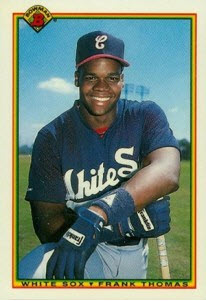The Value of Encouragement

William Barclay wrote: “We have a duty to encourage one another. Many a time a word of praise or thanks or appreciation or cheer has kept a man on his feet.”
Ken Blanchard wrote that it is a good idea to walk around and CATCH a person doing something GOOD and compliment him or her.
 In their book, In Search of Excellence, authors Thomas J. Peters and Robert H. Waterman made the point that one of the problems in corporate America is that top officers in companies – vice-presidents, presidents, and CEOs – fail to come to the people making the company successful – secretaries, assembly line workers, and truck drivers – and thank them for all they do.
In their book, In Search of Excellence, authors Thomas J. Peters and Robert H. Waterman made the point that one of the problems in corporate America is that top officers in companies – vice-presidents, presidents, and CEOs – fail to come to the people making the company successful – secretaries, assembly line workers, and truck drivers – and thank them for all they do.
I saw the importance of encouragement in my playing days. I played for one coach who hardly ever encouraged us but constantly criticized our play. And his criticism was not just directed to our play. He regularly criticized our personhood, saying sarcastic remarks that had nothing to do with our play. I did complete two seasons playing for him but got so tired of the caustic criticisms that I did consider quitting a game that I loved to play a number of times.
I saw this also in my coaching days. We had a player transfer to us who had played for coaches similar to the coach I played for. The criticism was constant and personal. He could be going to lunch, have the coaches run into him, and immediately his courage and commitment were questioned. He was told he’d never be a good player because he had no guts. The degrading comments were thrown his way both on and off the court and they continued all year. He told me by the end of the year, he actually didn’t care if he ever played again.
I played for a college coach, Gordie Gillespie, who approached his leadership totally opposite the above coaches. He constantly encouraged us to strive to be the best we could be. He definitely let us know when our play was lacking, in no uncertain terms, but it was ONLY about our play, never about our personhood. And his comments also went beyond the playing court or field, with one major exception. His remarks were positive and encouraging.
Leaders who use encouragement and positive feedback definitely enhance a workplace….Something to think about.






